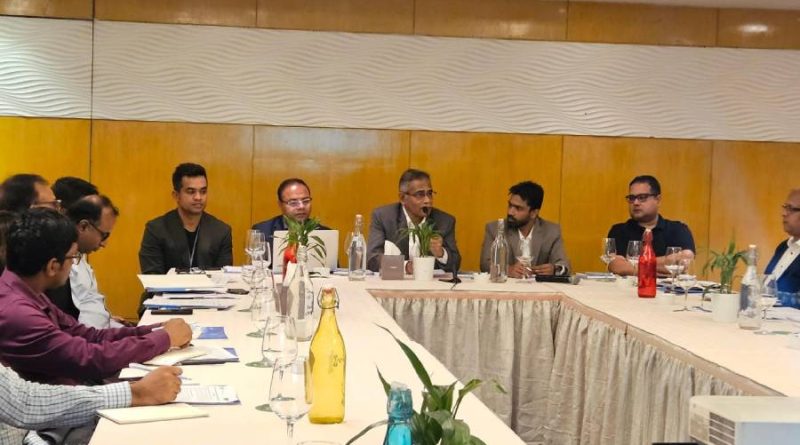Stakeholders have urged Bangladesh to adopt Eco-Industrial Parks (EIPs) as a cornerstone of sustainable industrial growth, warning that unchecked pollution and waste from industrialisation are undermining productivity, investor confidence, and long-term competitiveness.
At a high-level consultation held in Dhaka on Tuesday, speakers said the country’s industrial expansion has largely been driven by cost competitiveness rather than environmental resilience, pushing growth towards ecological and economic limits.
They highlighted that EIPs could reverse this trend by embedding resource efficiency, renewable energy, circular economy practices, and industrial symbiosis – where one company’s waste becomes another’s raw material.
The event was organised by the United Nations Industrial Development Organization (UNIDO) and Research and Policy Integration for Development (RAPID) under the pilot initiative of UNIDO’s Global Eco-Industrial Parks Programme (GEIPP II).
Call for policy framework
Speakers pressed for a national EIP framework with a clear legal definition and minimum sustainability standards, incorporating energy, water, waste, emissions, and social safeguards into industrial park licensing processes.
UNIDO Bangladesh country representative Zaki Uz Zaman said:
“Bangladesh must prioritise eco-industrial parks with a strong focus on resource optimisation and industrial symbiosis.”
He added that with support from partners such as the World Bank, IFC, ADB, and other international financiers, Bangladesh could replicate successful EIP models from countries like Vietnam.
Industry voices
Bangladesh Thai Chamber of Commerce and Industry (BTCCI) president Shams Mahmud said EIPs could help Bangladesh attract ESG-driven investments and comply with emerging global sustainability standards.
“With Bangladesh’s upcoming LDC graduation, the need for comprehensive energy audits and accurate carbon quantification—particularly for EU-bound industries—has become a critical priority,” he noted.
Bangladesh Small and Cottage Industries Corporation (BSCIC) deputy general manager GM Rabbani Talukder stressed that policies must highlight incentives for businesses to comply.
Bangladesh Export Processing Zones Authority (BEPZA) director Md Tareq Hossain pointed out significant policy gaps and said reforms are essential “to keep both businesses and the economy protected.”






